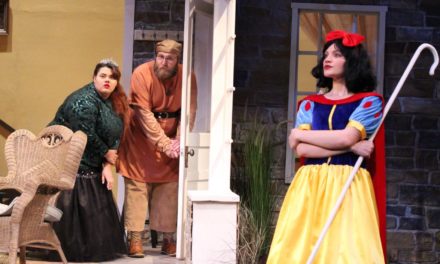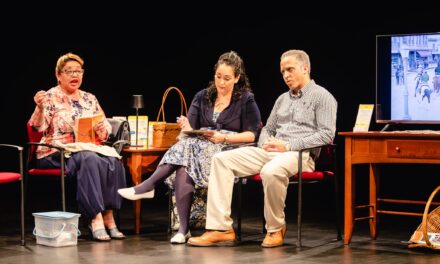A Few Honest Words: The Kentucky Roots of Popular Music
by Jason Howard
foreword by Rodney Crowell
Lexington, Kentucky: University Press of Kentucky
258 pp.; $24.95
Review by Katherine Dalton.
Entire contents are copyright © 2012 Katherine Dalton. All rights reserved.
“Three chords and the truth” is how Country Music Hall of Fame songwriter (and Kentuckian) Harlan Howard defined country music. But in this book, author Jason Howard makes the case that his words apply to all of what Howard regards as “roots” music.
His definition is wide-ranging, and his subject is not roots music as most would define it. Instead, the musical genres Howard covers are many – and the title of this book is misleading to the extent it implies he is writing about the Kentucky links of popular music in general. What it is about is current popular music, with Kentucky roots.
A Few Honest Words contains is a series of interviews with songwriters and singers who have strong ties to Kentucky, even though many of them (though not all) have left it far behind. Those interviewed include country music giants such as Naomi Judd and Dwight Yoakam, rock singer Jim James of the band My Morning Jacket, and well-regarded bluegrass artists such as Dale Ann Bradley and Matraca Berg. It also includes soul/fusion artist Joan Osborne, the rap group Nappy Roots, a jazz musician and a classically trained cellist, among others.
The glue that holds this wide-ranging book together is Kentucky, and Howard has asked each artist what Kentucky means to him or her artistically and personally and how the state’s landscape and people have influenced the music.
Dwight Yoakam only ever lived in Floyd County, Kentucky, on the weekends. He grew up in Ohio, one of the many Eastern Kentucky families who moved north for work, and his family drove hours back home every Friday night in order to keep in touch with grandparents and to be at home. But despite all his years in Ohio and then Los Angeles, you would never mistake him for a Buckeye or a Californian.
He told Howard that “my music, I hope, is an expression of the love I felt and the familial culture that I knew. I think had I not moved so far away, things wouldn’t have crystallized so acutely for me as a writer perhaps. I was certainly able from this vantage point to write in a more specific way because I only had my thoughts to recall everything by.”
Yoakam is not the first to find that his home culture became clearer to him on the leaving of it, and he is not the first to talk about that clarity with some emotion. To move on in the world, even to move up in the world, is to lose what you leave behind. Dwight Yoakam has had great success, but he knows that to move away is to keep your home place only in your head.
This is a interesting book for anyone interested in keeping up with popular music made by Kentuckians. Some interviews are richer than others, and some well-known artists are missing (notably indie-folk singer Will Oldham, who was probably asked and said no). But some of the artists profiled here were new to me yet well worth knowing, and this is certainly a book for those who want to hear just how Kentucky has been translated from living experience into current music.





